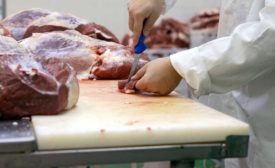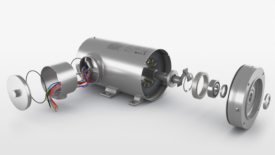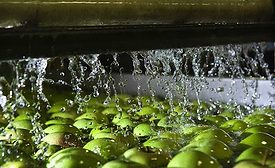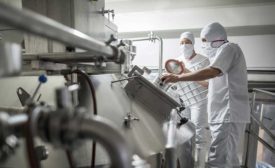Sanitation
The need remains for a continuous means of sanitizing and disinfecting high-touch and other environmental surfaces where persistent microbial pathogens can be found
Read More
Keeping It Clean—Can Sanitizing Be More Sustainable?
When implementing water-saving initiatives or using more environmentally friendly chemicals, care must be taken to avoid compromising hygiene
Anette Granly Koch M.Sc., Ph.D.
Gry Carl Terrell M.Sc.
Freja Lea Lüthje
Rikke Hjort Hansen
Emma Bildsted Petersen
June 12, 2023
Designing for Greatness while Considering Total Cost of Ownership
The total cost of ownership, and not only the price tag, is critical to consider when evaluating the hygienic design of equipment
April 10, 2023
Never miss the latest news and trends driving the food safety industry
eNewsletter | Website | eMagazine
JOIN TODAY!Copyright ©2024. All Rights Reserved BNP Media.
Design, CMS, Hosting & Web Development :: ePublishing








